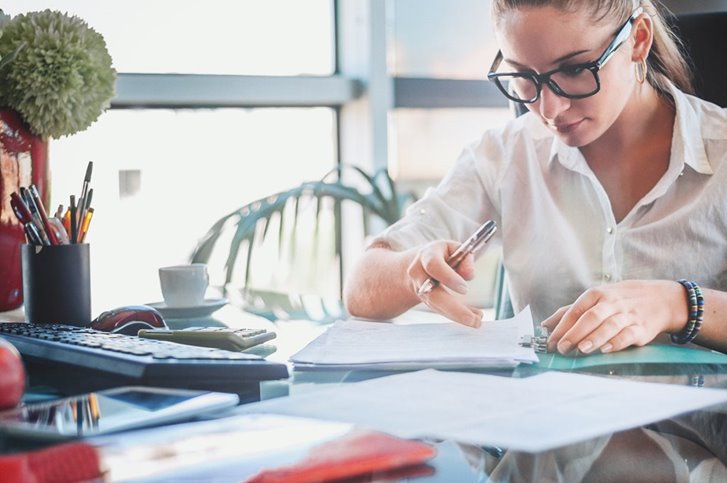VAT: return, schemes & exemptions
VAT, or value-added tax, is an additional consumer tax on the sale of goods and services. As a self-employed person, you will often encounter VAT.
- As a starter VAT-paying entrepreneur your first job is to request your VAT number.
- After that, you charge VAT on your invoices and pay that on to the government. In other words, you will receive money from your customers which you are not allowed to keep. The amount of VAT you charge depends on the VAT scheme you fall under.
- You do not have to pay VAT on the products or services you purchase for your own business. This is known as the VAT deduction.
- You manage your VAT through a periodic VAT return.
- Finally, below a certain annual turnover, you can also apply for a VAT exemption. Be sure to check properly whether this type of exemption suits you. This is because every business has different needs,
Taxes for the self-employed
In addition to your VAT, you, as a self-employed person, pay taxes on your turnover and income, and you may even pay additional local taxes. You also pay these additional taxes as a private individual, but the rules may change when you are self-employed.
- Every self-employed person pays personal taxes and municipal taxes.
- Companies also pay corporate taxes.
Deductible professional expenses & investments
To optimise your taxes, it is best to consider deductible professional expenses. Costs incurred for your business can be deducted from your annual turnover. You pay taxes on the remaining amount. Logically, the more professional expenses you deduct, the less tax you pay.
Consider the difference between professional expenses and investments. We talk about investments in relation to business assets used over several years, typically a more expensive purchase in practice.
Investments are written off over several years, and a portion of your taxes is withheld every year until the investment is fully written off.
Tax on benefits in kind
Business purchases that are also used privately are considered as a benefit in kind and are a form of professional income. For that reason, you also pay taxes on them through your personal taxes and declare your BIK (benefits In kind) in the same return.
The government calculates the taxes depending on the type of BIK. Some BIKs are estimated at a flat rate:
- For a company car, the amount relates to the environmental friendliness and price of the vehicle.
- Internet is given a flat-rate estimate of €60 a year.
- A computer gets a flat-rate estimate of €180 a year.
For other benefits in kind there are no flat-rate estimates. It is best to speak to your accountant about what estimate is realistic.






